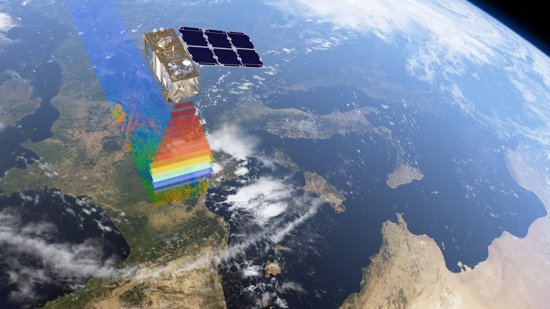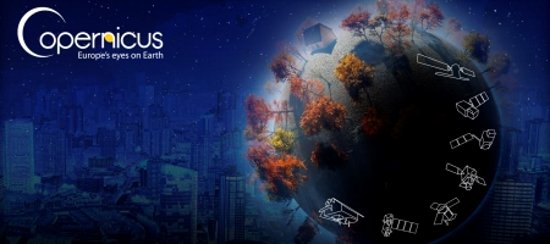Copernicus

Beeld: ESA
Humanity faces considerable challenges in the coming decades. Examples include climate change, the energy crisis, the strong population growth, food shortages and an increased chance of natural disasters. If we want to come up with solutions for these challenges, then we need the right information. This is what Copernicus will provide.
Copernicus is the European programme for Earth observation. It consists of projects like the Sentinel satellite missions that monitor the environment and climate. Copernicus is partly funded by the ESA Member States and partly by the European Commission, which is the ‘owner’ of the programme. All the data that Copernicus collects - from satellite measurements to measurements on land, at sea and in the air - are publicly accessible free of charge. This makes new applications possible for the government, citizens and companies alike.

As the data is freely available, Copernicus is contributing to the solution of global issues such as climate change, food security, atmospheric pollution, energy and water quality. Thanks to the system, Europe is also in a better position to make international contributions to peace missions and emergency relief programmes.
NSO represents the Netherlands in the Copernicus programme. Within the Netherlands, NSO seeks collaboration with government bodies, knowledge institutions and industry to maximise the possibilities that Copernicus provides to answer societal questions, because the eventual focus is on the user.
More information about Copernicus: